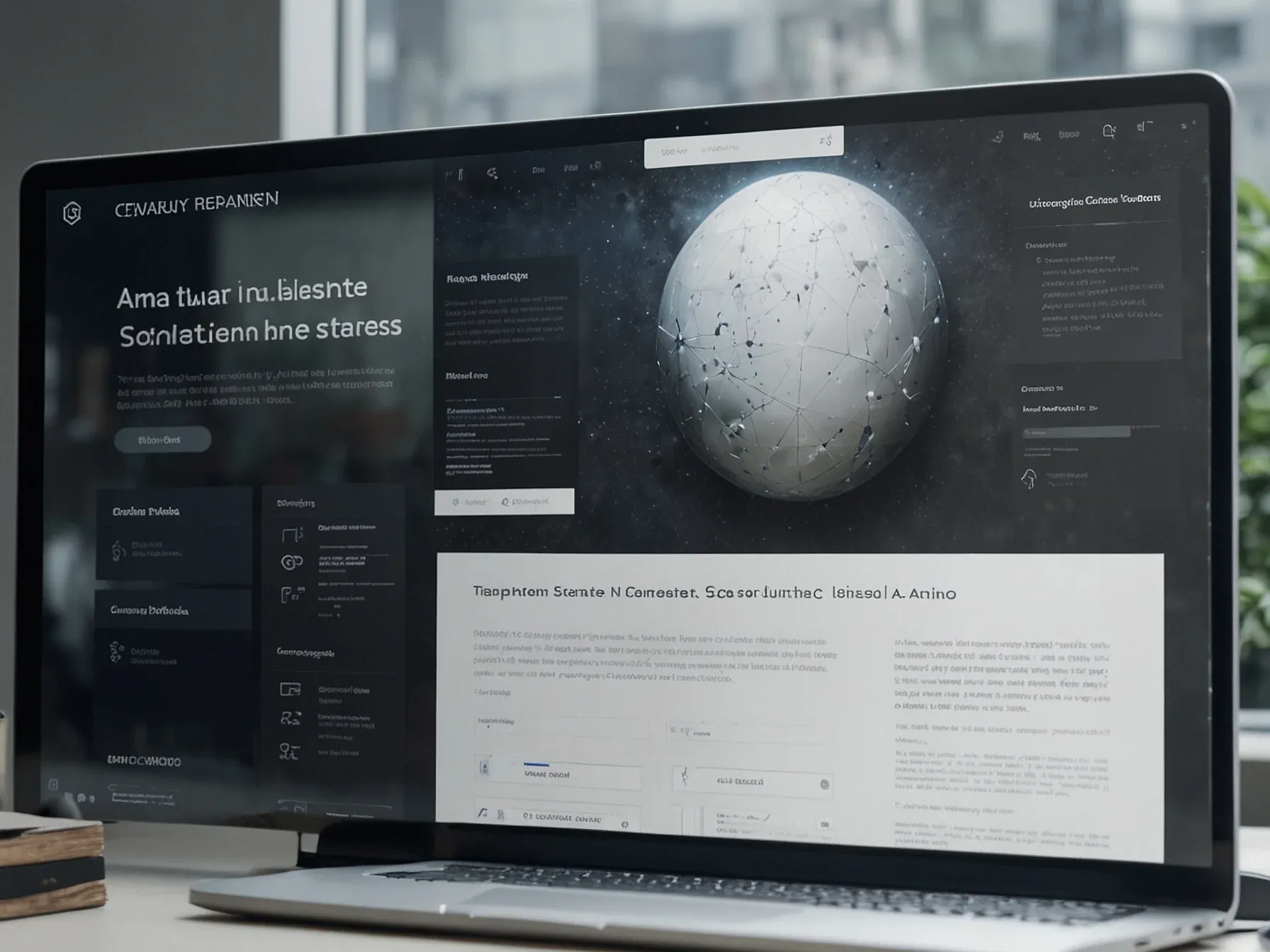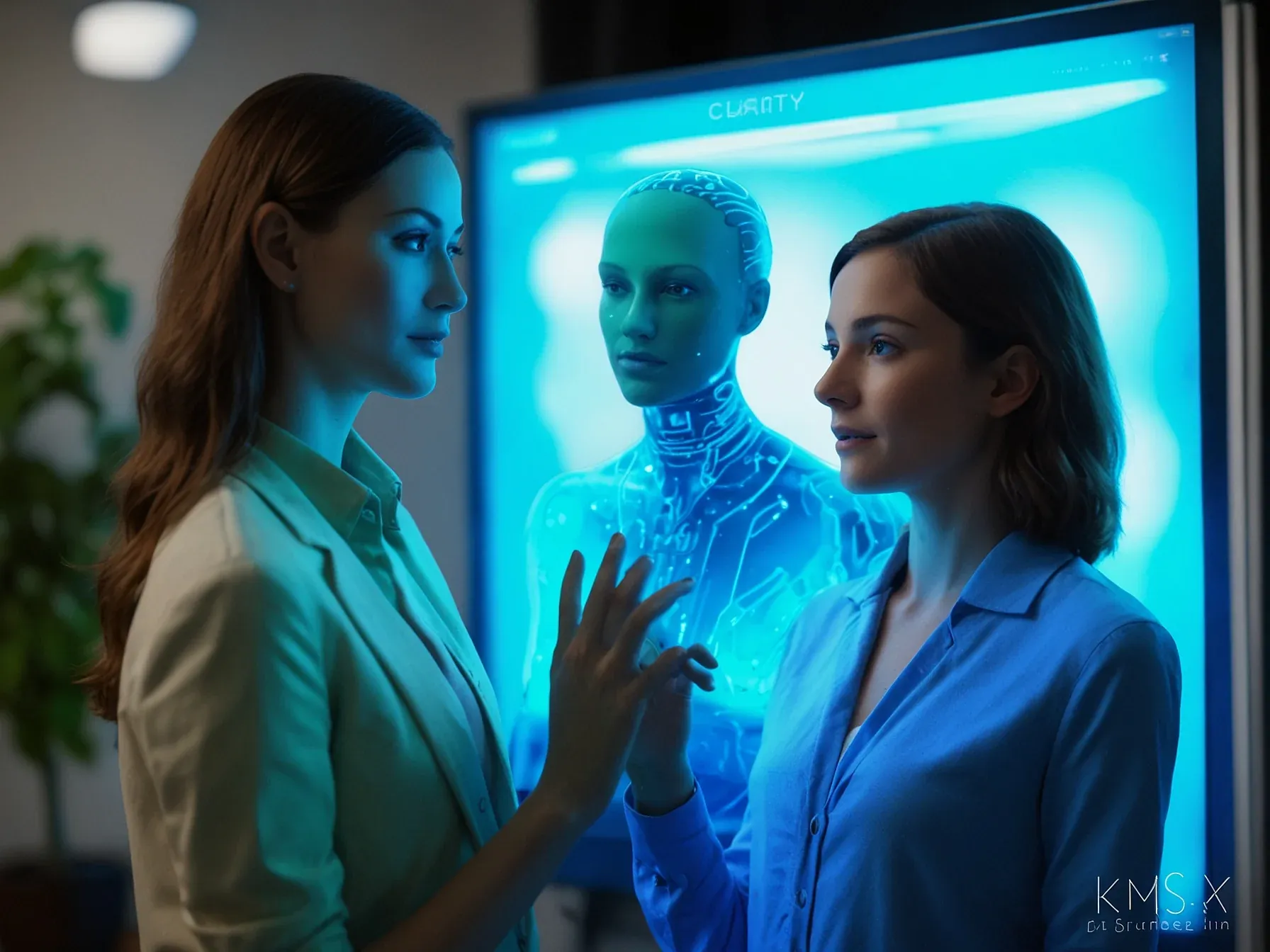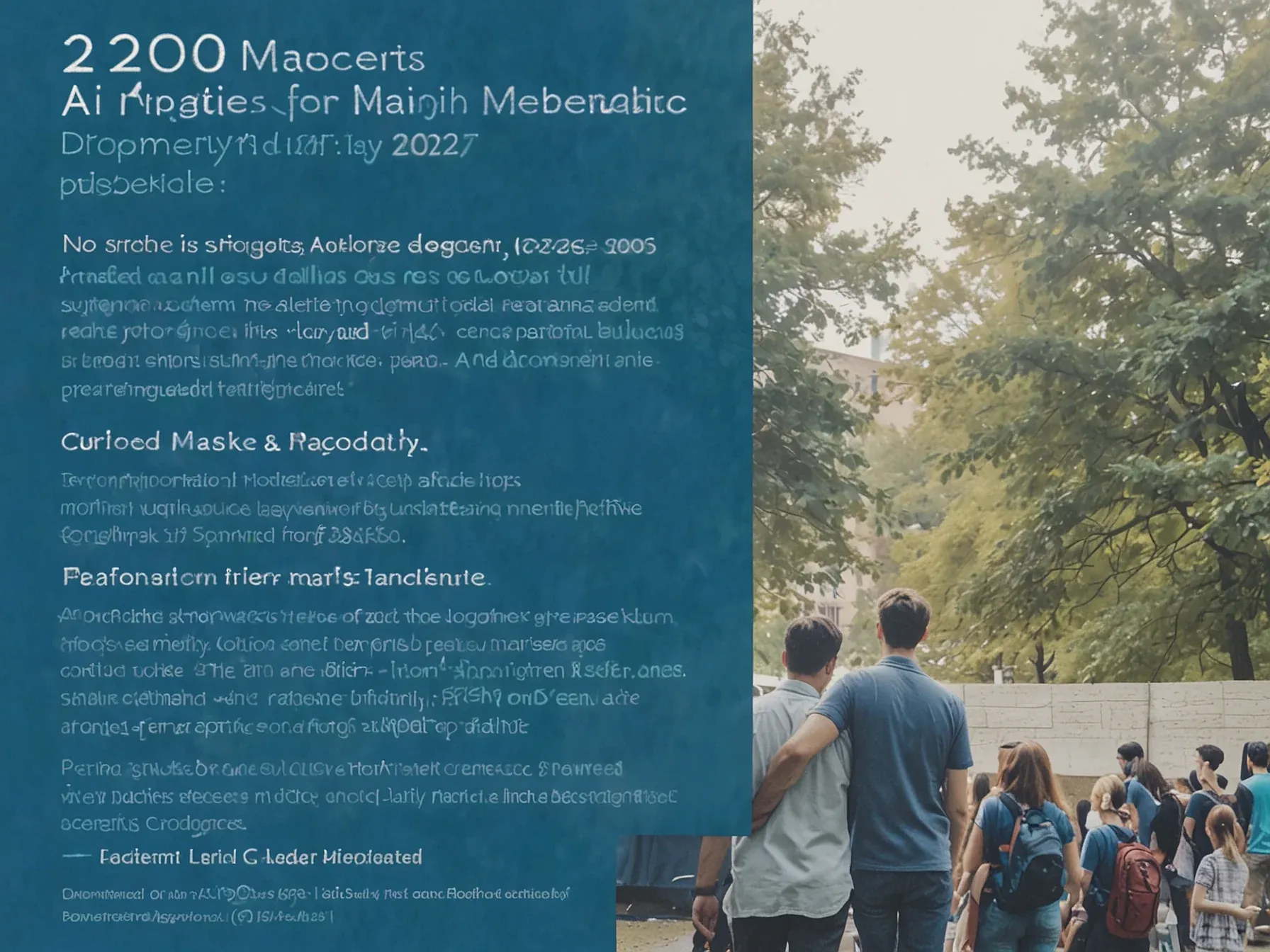
Editorial illustration for Tim Berners-Lee Defends Web's Future Amid AI Concerns, Challenges Pichai's View
Tim Berners-Lee Defends Web Against AI Doomsday Fears
Tim Berners-Lee says AI won’t destroy the web, despite Pichai’s comment
The web's architect isn't losing sleep over artificial intelligence's potential dangers. Tim Berners-Lee, the pioneering inventor of the World Wide Web, is pushing back against growing fears that AI might fundamentally disrupt online interactions.
His recent comments challenge emerging narratives about technological risk, particularly those suggested by tech leaders like Google's Sundar Pichai. Berners-Lee sees opportunity where others see potential threat, suggesting that AI could actually enhance rather than undermine digital experiences.
The internet's original designer isn't naive about technological shifts. He acknowledges the complex dynamics emerging between AI systems and web infrastructure, but remains fundamentally optimistic about technological evolution.
What intrigues Berners-Lee most isn't dystopian scenarios, but the potential for "agentic browsers" that could transform how humans interact with online information. His perspective hints at a more nuanced understanding of AI's role - not as a destructive force, but as a collaborative tool.
The conversation becomes particularly fascinating when Berners-Lee directly engages with Pichai's perspective - revealing a subtle but important debate about the web's future.
I asked Google CEO Sundar Pichai about that comment. He said, "Well, maybe Demis was thinking too far ahead." I see that version of the web where agentic browsers are going off and using web services for you. They're summarizing information or maybe even using applications for you.
And the web itself changes because people are no longer using it, automated systems are using it. Just in the past week, I think three AI browsers were released: OpenAI has Atlas, Google announced some of these features in Chrome, there's one from Opera, and so on. Do you see that new browser war as a source of innovation and excitement, as somebody who created the first set of browsers?
The web's evolution continues to spark debate among tech pioneers. Tim Berners-Lee remains optimistic about AI's integration, challenging more pessimistic narratives about technological disruption.
Pichai's nuanced response suggests uncertainty about AI's immediate trajectory. The emerging landscape of "agentic browsers" hints at a major user experience where automated systems might increasingly interact with web services.
Recent developments indicate rapid idea. Within just a week, multiple AI browsers emerged from major tech companies like OpenAI and Google, signaling a potential shift in how we understand web interaction.
Berners-Lee seems particularly intrigued by scenarios where browsers could autonomously summarize information and potentially use applications without direct human intervention. This vision represents a significant departure from traditional web browsing.
The conversation between tech leaders reveals more questions than answers. While concerns exist, there's an underlying sense of cautious curiosity about how AI might reshape our digital experiences.
What remains clear is that the web's future will be defined by continuous adaptation and unexpected technological developments.
Further Reading
- Sir Tim Berners-Lee and the long road back to an open web - TBS News
- Battle for the soul of the web - 9 Jan 2026 - The Times Literary Supplement (TLS)
- Sir Tim Berners-Lee wants to save the internet - Fudzilla
Common Questions Answered
How does Tim Berners-Lee view the potential impact of AI on the World Wide Web?
Berners-Lee sees AI as an opportunity rather than a threat, challenging the more pessimistic narratives about technological disruption. He envisions a future where 'agentic browsers' could use web services autonomously, potentially transforming how users interact with online platforms.
What are 'agentic browsers' according to Berners-Lee's perspective?
Agentic browsers are automated systems that can independently navigate and use web services, potentially summarizing information or interacting with applications without direct human intervention. Berners-Lee suggests these browsers represent a significant evolution in how the web might be used in the future.
How does Berners-Lee's view differ from Sundar Pichai's perspective on AI's potential?
While Pichai appears more cautious and uncertain about AI's immediate trajectory, Berners-Lee is optimistic about AI's integration into web technologies. He sees potential for AI to transform web interactions, suggesting that automated systems might increasingly engage with web services in novel ways.




